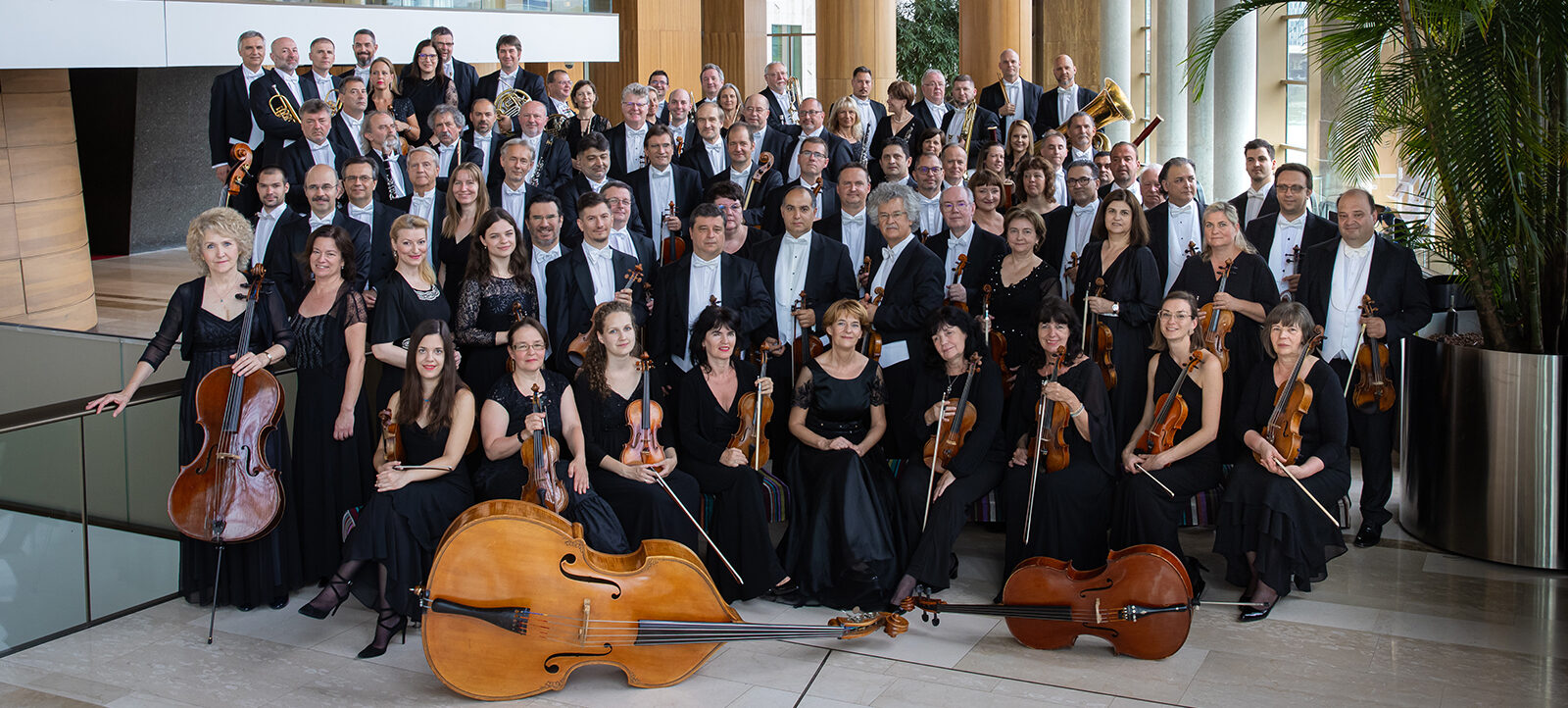
Budapest
HUNGARIAN CLASSICAL MUSIC DAY – IN MEMORIAM ZOLTÁN KOCSIS
Non-season ticket concert
LAJOS HUSZÁR: Silence Spoke to Me
***
BÉLA BARTÓK: Violin Concerto No. 1, Sz. 36, BB 48a
ERNST VON DOHNÁNYI: Ruralia Hungarica, op. 32b
Kristóf Baráti violin
Adrienn Miksch soprano
Andrea Meláth mezzo soprano
Máté Fülep baritone
Hungarian National Philharmonic Orchestra
Conductor: Gábor Takács-Nagy
This season of the Hungarian National Philharmonic Orchestra revolves around the spirit of Zoltán Kocsis. In November, we commemorate the anniversary of his death with a concert, while on his birthday at the end of May we, together with the Academy of Music, are organising the Day of Hungarian Classical Music with the intention of creating a tradition, nurturing old values and encouraging the birth of new ones.
Lajos Huszár was born in Szeged in 1948. His work as a composer combines tradition with the tools of modernity. He wrote his opera Silence, based on a story by Béla Balázs, between 1994 and 1998. His work being played on this occasion, The Silence Spoke to Me, is an arrangement of a section of that opera. Béla Bartók’s Violin Concerto No. 1, composed around 1907-08, was inspired by the young composer’s unrequited love for the violinist Stefi Geyer. The two-movement work would only be premiered in 1958, after both she and the composer had died. Ernst von Dohnányi’s series of Hungarian folk songs Ruralia Hungarica was considered one of the composer’s most popular pieces during his lifetime, but today it can only be heard occasionally. Dohnányi arranged five of the seven movements of the original piano version of the 1924 work for orchestra. Kristóf Baráti is one of the most significant Hungarian violinists of our time, one whose music is celebrated with great enthusiasm all over the world. The concert’s vocal soloists, Adrienn Miksch, Andrea Meláth and Máté Fülep, are all outstanding Hungarian singers. Gábor Takács-Nagy is a Kossuth Prize-winning violinist and conductor, world renown as the founding first violinist of the Takács String Quartet, later also distinguishing himself as a conductor not only in Hungary, but also in the most important music centres of Europe.

